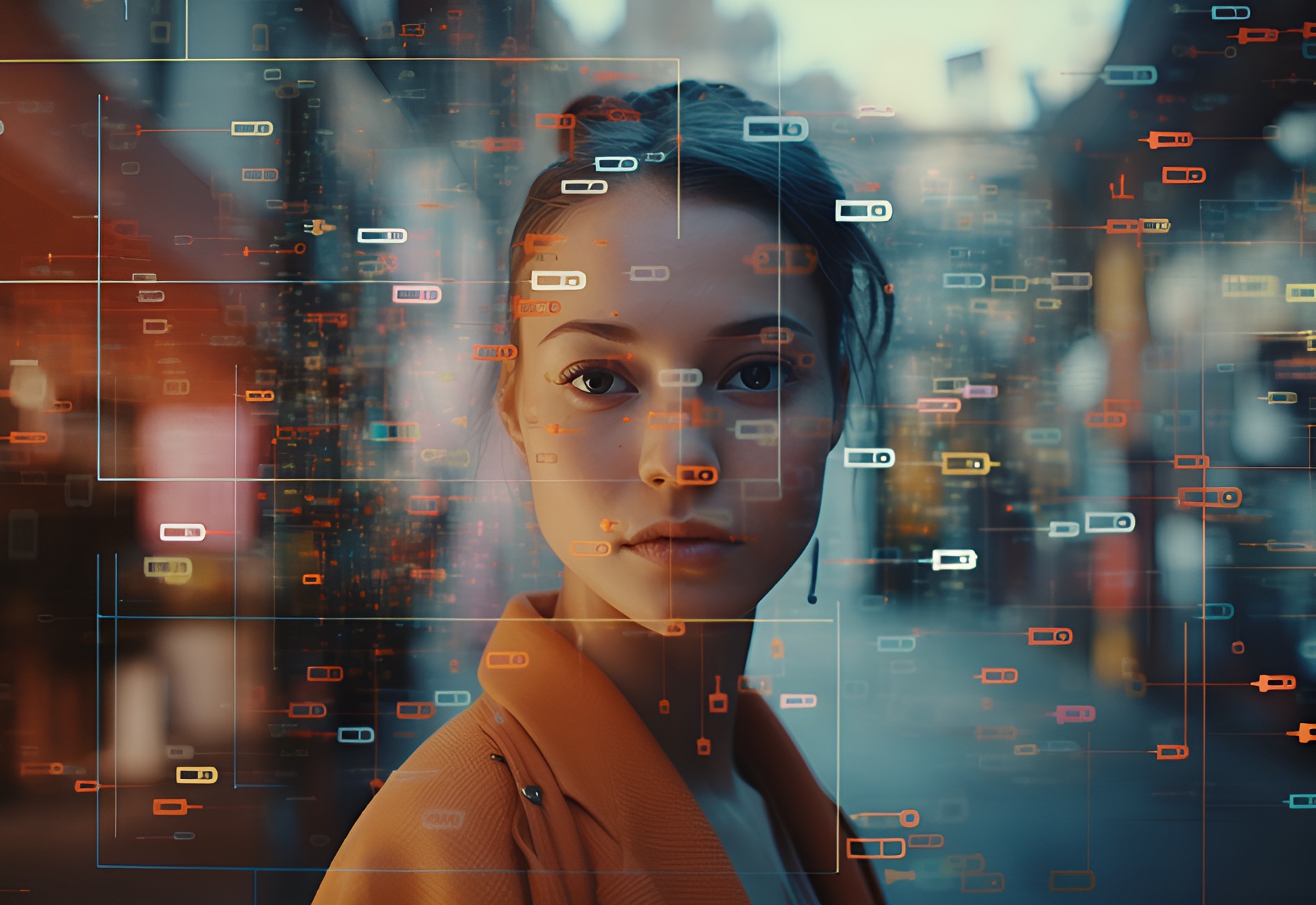
Advancements in artificial intelligence are redefining knowledge transfer, surpassing human limits in experience and learning. AI systems amass experiences from millions of data points simultaneously, a feat unattainable by individual human learning. Yet, as this technology proliferates, it raises pressing ethical and legal concerns. The article will explore the implications of AI’s unparalleled capacity for knowledge accumulation and the challenges it poses, focusing on the balance between opportunity and responsibility.
The evolution of knowledge transfer
The richest resource at humanity’s disposal is its collective knowledge. From the writings of ancient philosophers to the latest scientific research, our capacity to share and build upon ideas has been pivotal in our progress. Today, artificial intelligence stands as a transformative force in the domain of knowledge transfer, not merely augmenting but revolutionising our capabilities.
Imagine a repository of experiences so vast that it encompasses data from millions of interactions, patterns, and outcomes. A system that doesn’t just learn but evolves with each new piece of information, becoming ever more refined and accurate. This is the reality of contemporary AI, a technology that is reshaping the landscape of collective intelligence.
AI’s exponential learning curve
AI systems, unlike humans, are not constrained by biological limitations. They process and learn from vast quantities of data at a scale and speed beyond human capability. GPT-4, for instance, was trained on approximately 45 gigabytes of data, equating to around 32 million pages of text. To put this into perspective, it would take a human reader an entire lifetime to cover this amount of material, assuming they read day and night without pause.
Moreover, AI’s ability to clone its knowledge base presents a stark contrast to the way human expertise is traditionally disseminated. A seasoned teacher can impart wisdom to only a finite number of students, whereas a highly trained AI model can be replicated across the globe, potentially teaching millions simultaneously, thus democratising access to expert-level instruction.
From self-driving cars to healthcare
Consider Tesla’s Autopilot system, which learns from billions of miles of real-world driving data collected from its fleet of vehicles. This shared learning enhances the performance and safety of all Tesla vehicles, a collective improvement unachievable by individual human drivers. Similarly, in the medical field, AI algorithms are trained on vast datasets, resulting in enhanced diagnostic accuracy, as demonstrated in the analysis of medical imaging and heart failure detection.
These AI systems are not only trained on a myriad of data points but also on the very outcomes and feedback loops that enable continuous improvement. The AI model developed at the University of Helsinki, for instance, optimises skin cancer treatment by learning from previous cases with remarkable speed and precision.
Navigating the ethical landscape
Yet, with great power comes great responsibility. The ethical landscape of AI is complex and fraught with challenges. The aggregation of knowledge through AI necessitates the responsible handling of personal data and the avoidance of perpetuating existing biases. Ethical AI development must involve deliberate choices about what data to include and how to train algorithms without infringing on privacy or reinforcing societal inequities.
The ethical dimensions of AI span a wide spectrum, from the use of biased training data to the autonomous decision-making in critical situations, such as those faced by self-driving cars. The principles of beneficence, non-maleficence, autonomy, justice, and explicability must guide AI development, ensuring that these systems serve the greater good while respecting individual rights and freedoms.
Opportunities and legal considerations
The opportunities presented by AI in knowledge aggregation are immense. In education, AI-driven tools can personalise learning, adapting to individual student needs and pace. In industry, AI can streamline processes, predict maintenance needs, and enhance decision-making.
Legally, the integration of AI into society raises questions about liability, intellectual property, and the very definition of authorship and creativity. As AI becomes more autonomous, determining responsibility for its actions becomes more complex. Lawmakers and regulators are grappling with these issues, seeking to establish frameworks that protect citizens while fostering innovation.
Looking ahead: AI as a collaborative partner
As we look to the future, it is clear that AI will continue to play a pivotal role in knowledge transfer. Its capacity to learn from countless instances, to refine its algorithms, and to improve over time presents a paradigm shift in how we think about experience and expertise. The challenge lies in ensuring that this vast potential is harnessed ethically, equitably, and in a manner that benefits society as a whole.
AI systems have the potential to become the most knowledgeable entities ever known, eclipsing the expertise of any single human. Yet, this is not about replacing human intellect; rather, it is about augmenting it. AI can take on the role of a collaborative partner, extending our cognitive reach and freeing us to engage in more creative, strategic, and compassionate pursuits.
Conclusion
In the grand tapestry of human history, the ability to transfer knowledge has been our greatest strength. AI extends this ability, ensuring that every instance of an AI system has the potential to be the most knowledgeable and experienced version possible. As we stand on the cusp of this new era, we must navigate the moral and legal terrain with care, ensuring that AI serves as a force for good, enhancing our collective wisdom while safeguarding our human values.